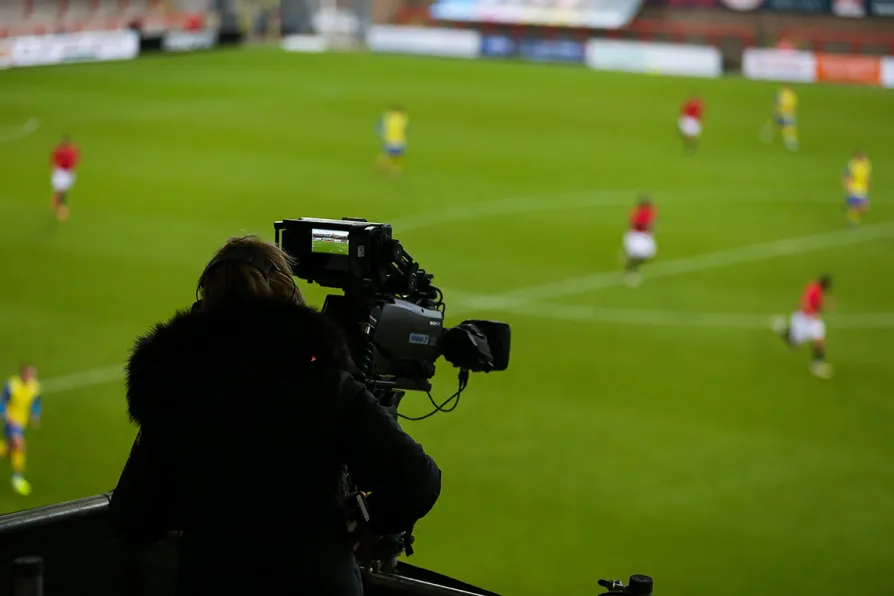‘It’s a shambles’
JAMES NALTON looks at the ongoing battle between clubs and TV broadcasters, with players picking up more muscular injuries due to the packed fixture schedule


FOR the second week in a row, Jurgen Klopp’s comments on the fixture schedule have generated plenty of traction for the broadcasters he is railing against.
Klopp, Ole Gunnar Solskjaer and others are concerned about the working conditions for players in a unique, condensed season.
They believe playing a game at 12.30pm on Saturday when they have played a late kick-off on Wednesday, sometimes away in Europe, is putting players at risk.
Similar stories

JAMES NALTON takes a look at the German league’s move to grow its audience in Britain, and around the future of football on TV in general

JAMES NALTON discusses how in some ways, Slot’s Reds are being criticised for their own success and are right in wanting to change the narrative












